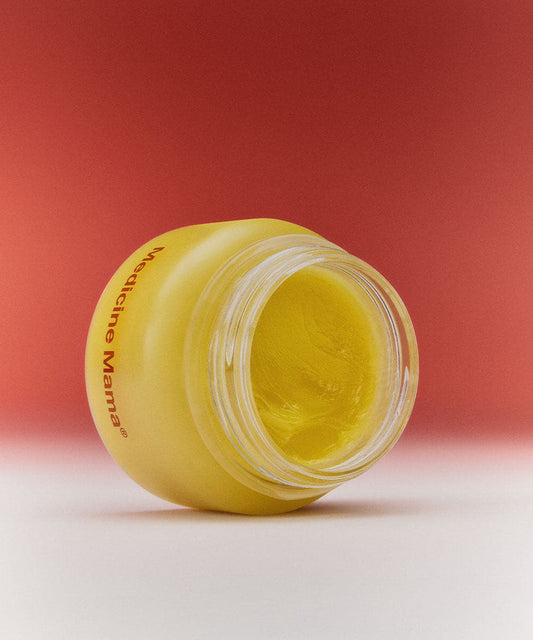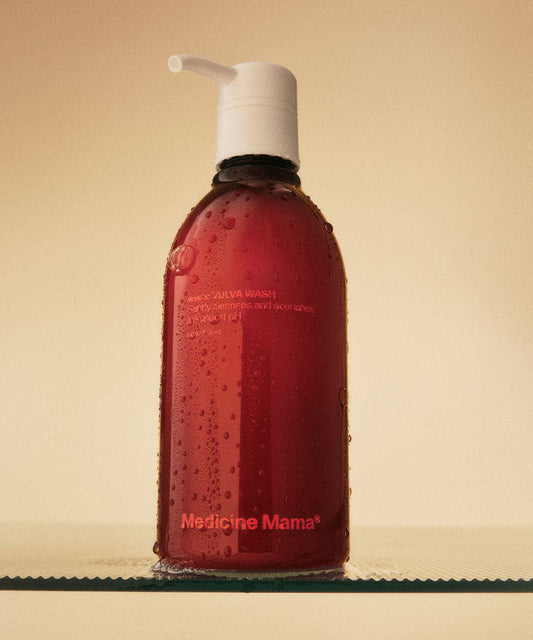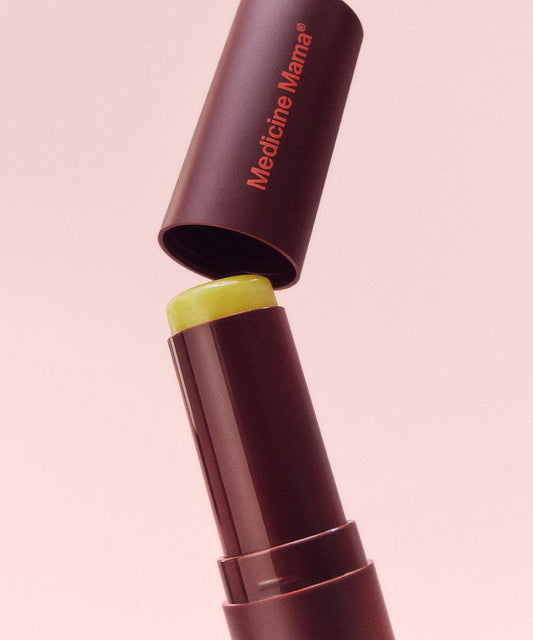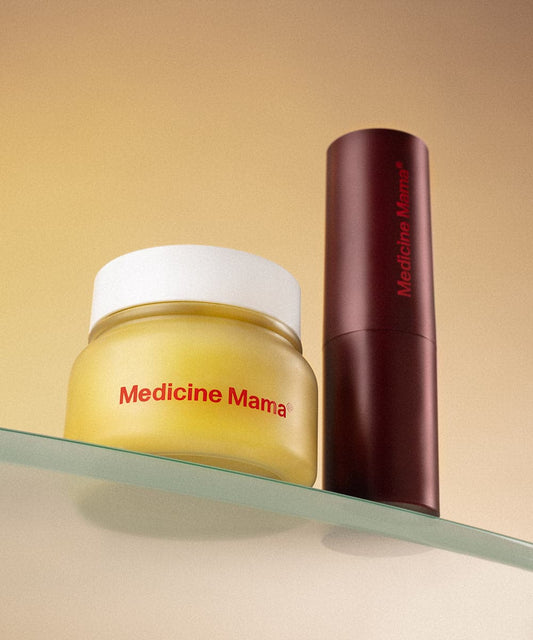
Reviewed by | Dr. Clare Bertucio MD
In today’s society, there is some unspoken taboo about using the proper medical terms for parts of our intimate anatomy. Even to our doctors, most of us try to use euphemisms rather than just saying the word vagina, let alone vulva.
It’s time to break that stigma. There are few things more natural or important than the female reproductive system and it’s important to understand the differences between the vagina and vulva.
At face value, it might just sound like a matter of semantics, but by constantly referring to our vulvas interchangeably with our vagina, we’re erasing an entire part of our female anatomy. Not only do different conditions affect the vulva and the vagina, but for many women, the vulva is the main pleasure center of the body when it comes to intimacy, foreplay, and sex.
In addition, knowing the difference can also help you to better express any problems that you may be having with your doctor. So, let’s get to it and we’ll help break down the mysteries of the vulva/vagina debate and go in-depth about the anatomy of the vulva.
Vulva vs Vagina
When most people refer to the female reproductive system, they typically just use the collective: Vagina. However, the vagina is only one of the many parts that make up this intricate system.
The outer area of the genitals that most people typically refer to as the vagina is actually the vulva. Although the vaginal opening is part of the vulva, the actual vaginal canal is considered part of your internal reproductive system and is separate from the vulva.
The easiest way to remember the difference between the vulva and the vagina is that the vagina is part of the internal reproductive system whereas the vulva is the outside part.
Your internal reproductive system consists of the uterus, fallopian tubes, ovaries, and cervix; these are all integral to sexual wellbeing and child bearing. So, then, what is the vulva?
What is a Vulva?
The definition of the vulva according to the Brittanica Encyclopedia is “the external female genitalia that surrounds the opening to the vagina.” Although the vaginal opening is considered part of the vulva, the vagina itself is part of the internal reproductive system.
What Are the Different Parts of the Vulva?
The anatomy of the vulva is made of several unique parts that all work together to protect your vagina and other internal sex organs. Not only does the vulva help protect your sexual organs, but it acts to enhance sexual pleasure. Below is a vulva diagram that can help you identify the individual parts of the vulva.
The vulva consists of the following:
Labia Majora: The outer folds that surround the vaginal opening. These are pigmented, contain glands, and grow hair during and after puberty. The labia majora begins at the clitoral hood and continues under the vaginal opening. Labia Minora: The inner folds that protect the vaginal and urethral openings. They do not grow hair. Along with the labia majora, the labia minora swells during arousal and is sensitive to pressure. Clitoris: At the top of your outer folds, or labia majora, is the clitoris. The clitoris has more nerve endings than any other part of your body and its main purpose is to give you pleasure during arousal. Clitoral Hood: The clitoral hood is the fold of skin formed from the labia majora that nestles and protects the clitoris from friction and irritation.Mons Pubis: The fatty mound of tissue that sits directly on top of your pubic bone. It’s soft and begins to be covered in hair after puberty and it acts as a cushion for your pubic bone during sex. Urethral Opening: A very small hole that sits just above the vaginal opening which serves to pass the urine out of the female bladder.Vaginal Opening: Located toward the bottom of the vulva is the vaginal opening which leads to the vaginal canal. This canal is extremely elastic and is where menstrual blood exits from. Perineum: The area between the vagina and the anus.
What is a Vulva Supposed to Look Like?
Everyone’s vulva is different, and the size, shape, and color vary from woman to woman. Because of this, there’s no set standard of “normalcy” when it comes to the appearance of your vulva, but it’s important to know what is normal for YOU.
For example, some women’s labias are larger than others, and some inner labias protrude past their outer labias. You can have pale skin on the rest of your body and dark labia skin or it can be the other way around. Similarly, some women have a very small clitoris whereas others have a large one that sticks out past the clitoral hood.
These are just a few examples of how vulvas can vary and how different they can be. Your vulva and vagina are uniquely yours, and it can be helpful to take the time to regularly check yours for changes – just like you check your breasts. If you ever notice anything different, let your doctor know.
How to Care For Your Vulva
For most women, the vagina is self-cleaning and does not require any cleanser to keep itself healthy unless specifically recommended by your physician. The vulva is a little different since it is on the outside of your body and is more likely to attract dirt, sweat, and other buildup.
Because the vulva is such a uniquely delicate area, it is important to be gentle when cleansing. There is not need for expensive scented soaps (in fact, they could be detrimental!). Un scented, gentle, or washes especially formulated for this area are key.
Some key things to remember to keep your vulva happy and healthy are:
- Avoid any scented products that will come into contact with your genitals. This includes toilet paper, detergent, soaps, lotions, feminine sprays and deodorizers, bubble baths or bath oils, and pads or tampons with any fragrance.
- Avoid leaving tampons in for longer than 4 hours and make sure that you don’t go to sleep wearing a tampon.
- Wash any clothes with unscented detergent before wearing them for the first time, especially underwear.
- Keep your genital area clean and dry. Wash with unscented soap and warm water and thoroughly pat dry with a clean towel.
- Do not leave wet clothes or swimsuits on for long periods of time to avoid irritation.
- Use vaginal and vulvar moisturizers to help prevent dryness.
- Use lubrication before and during sex to help prevent irritation, pain, and discomfort.
- Wipe from front to back when you use the toilet. Never wipe from your anus forward because this can cause a UTI or bacterial infection.
Caring for your vulva doesn’t have to be difficult or complicated. Listen to your body and it will tell you when something is wrong.
Why is My Vulva Itchy?
Several things can cause vulvar itching and burning, but one of the most common culprits is ingrown hair on your vulva. If you regularly shave or wax your genital hair, then it can cause serious itchiness as the hair begins to grow back – particularly if that hair becomes ingrown.
Vuvlar itching can also be the result of an allergic reaction to a detergent or fragrance that you have been using, or it can be caused by vulva chafing. Chafing usually happens as a result of wearing clothing that is too tight, leaving wet clothing on for too long, or friction from intercourse.
Sometimes, vulvar itchiness can be caused by a more serious condition such as bacterial vaginosis, a yeast infection, skin conditions such as eczema or psoriasis, or STDs.
Why is My Vulva Sensitive?
It’s not uncommon for your vulva to be sensitive as the skin is very fragile. In addition, the vulva is more sensitive because it is an erogenous zone that has significantly more blood flow than other parts of your body.
If your vulva is sore to the touch or constantly aching, however, then there may be an injury or infection that is causing the discomfort. If pain or soreness is unusual or persists, consult your physician.
How to Moisturize the Vulva
One of the best ways to take care of the skin on your intimate areas is to use a daily moisturizer for your vulva. Our Vmagic Vulva Balm is the perfect moisturizer for dry vulva skin. This vulva cream is all-natural, fragrance-free, and was specifically created to help soothe, hydrate, and protect the dry skin on the vulva. We have also created a specialized wash which has been especially formulated to support your unique and delicate vulvar skin.
Resources:
https://www.britannica.com/science/vulvahttps://www.urmc.rochester.edu/encyclopedia/content.aspx?contenttypeid=34&contentid=19522-1#:~:text=Below%20the%20fourchette%20is%20the,perineum%20ends%20at%20the%20anus.https://my.clevelandclinic.org/health/articles/4976-vulvar-carehttps://www.plannedparenthood.org/learn/health-and-wellness/sexual-and-reproductive-anatomy/what-are-parts-female-sexual-anatomyhttps://www.thewomens.org.au/health-information/vulva-vagina/your-vulva-vagina#:~:text=Your%20vagina%20is%20the%20passage,the%20outside%20of%20your%20body.https://www.medicalnewstoday.com/articles/316595#irritation-or-allergies



